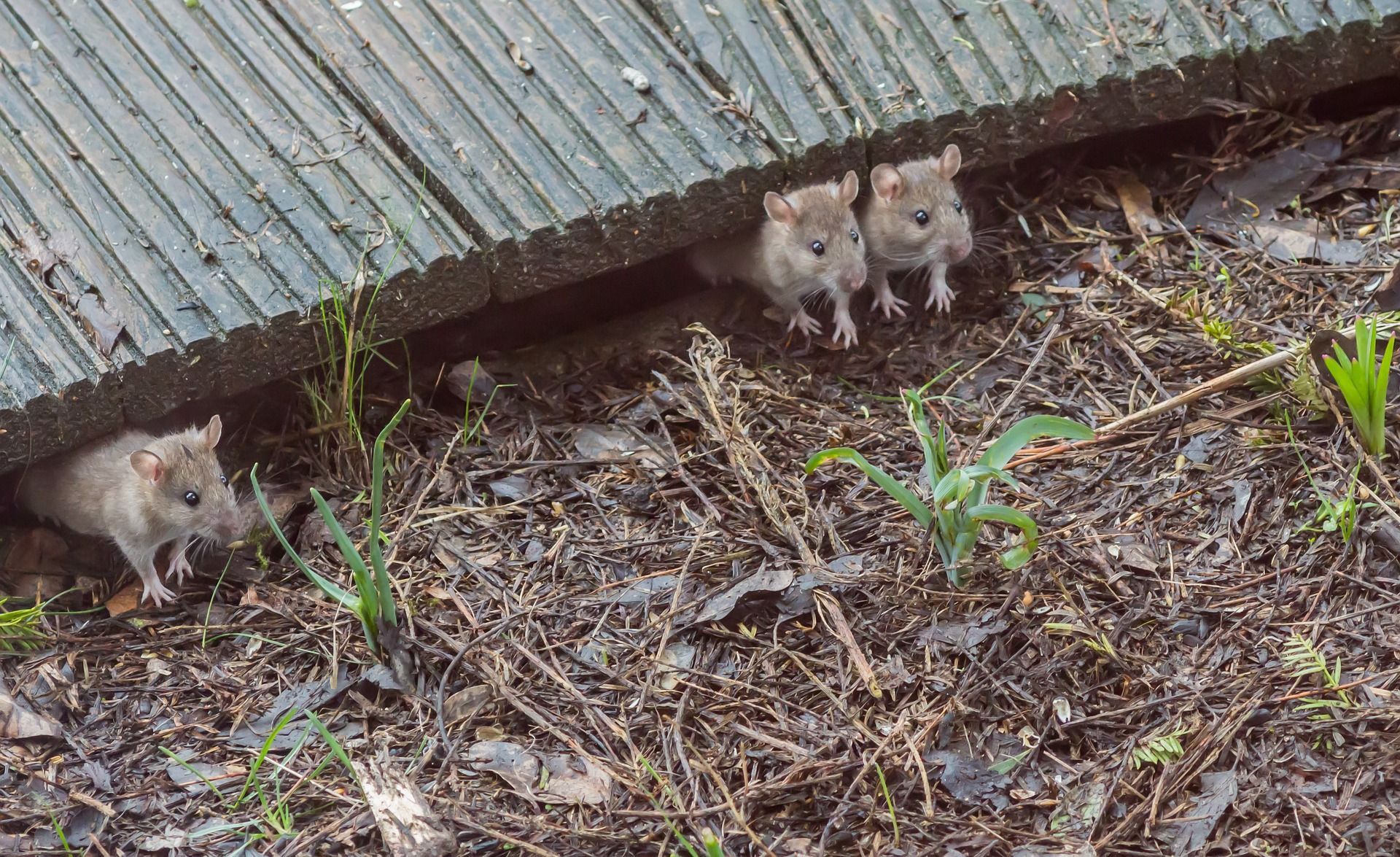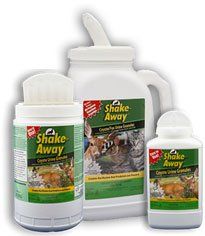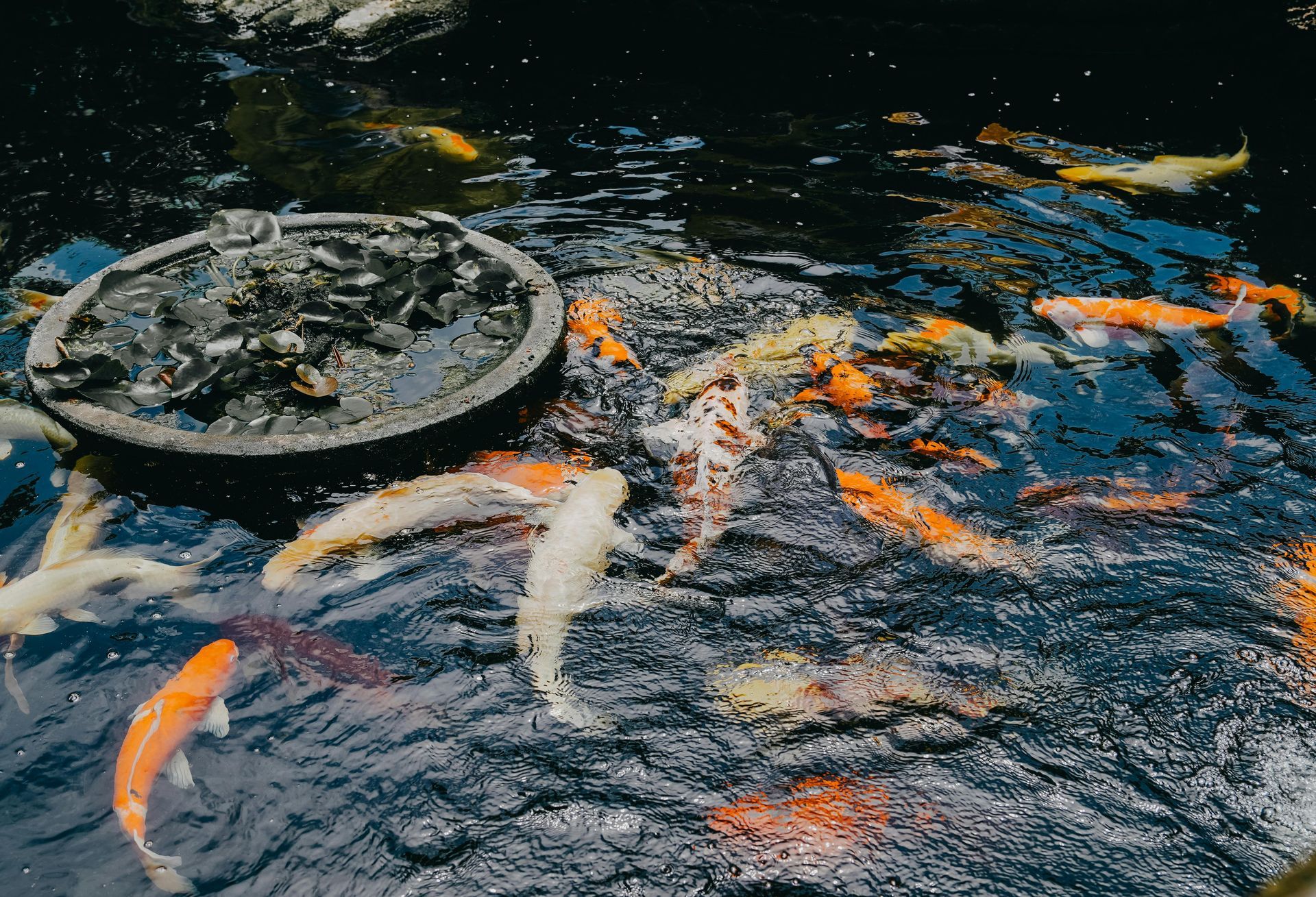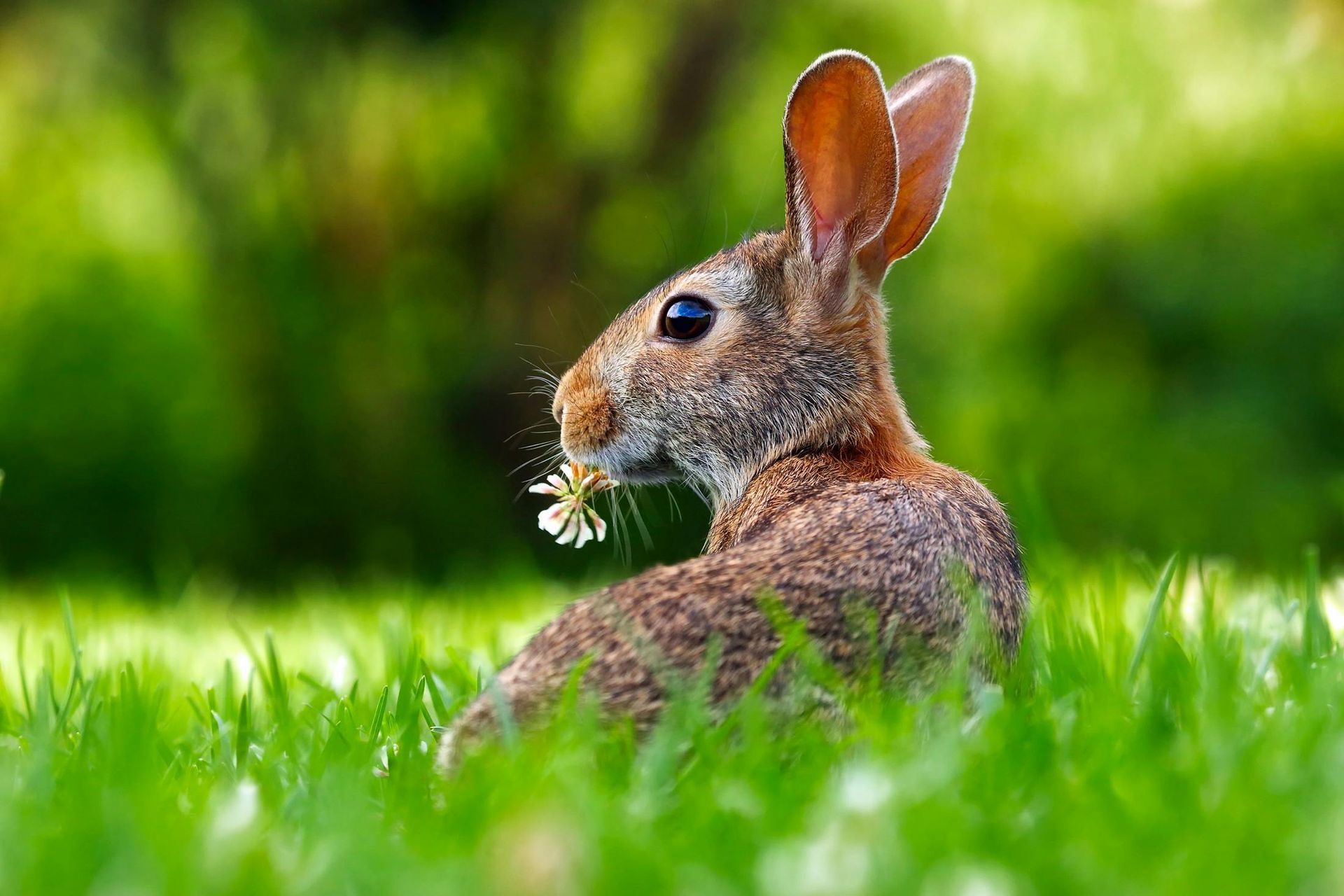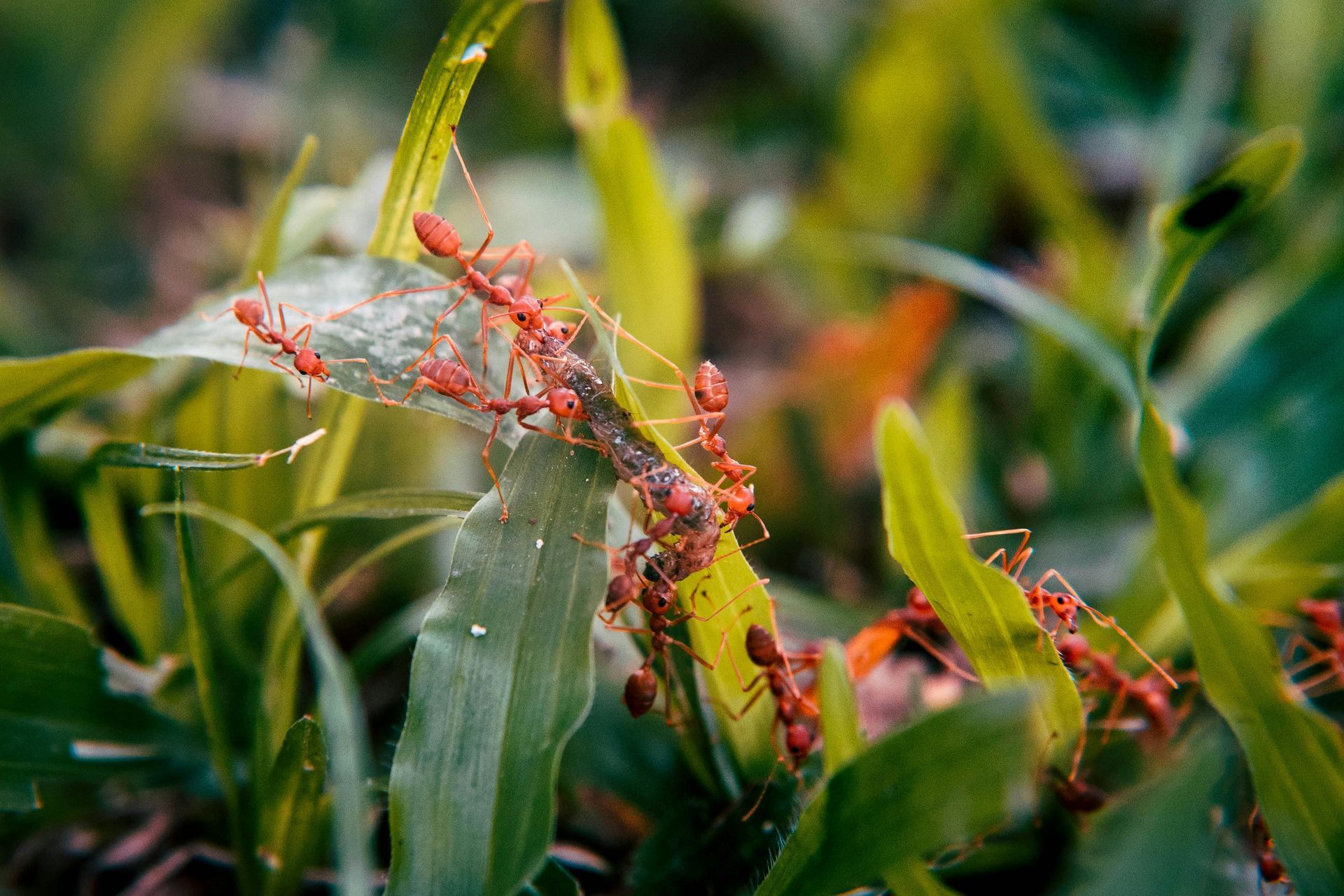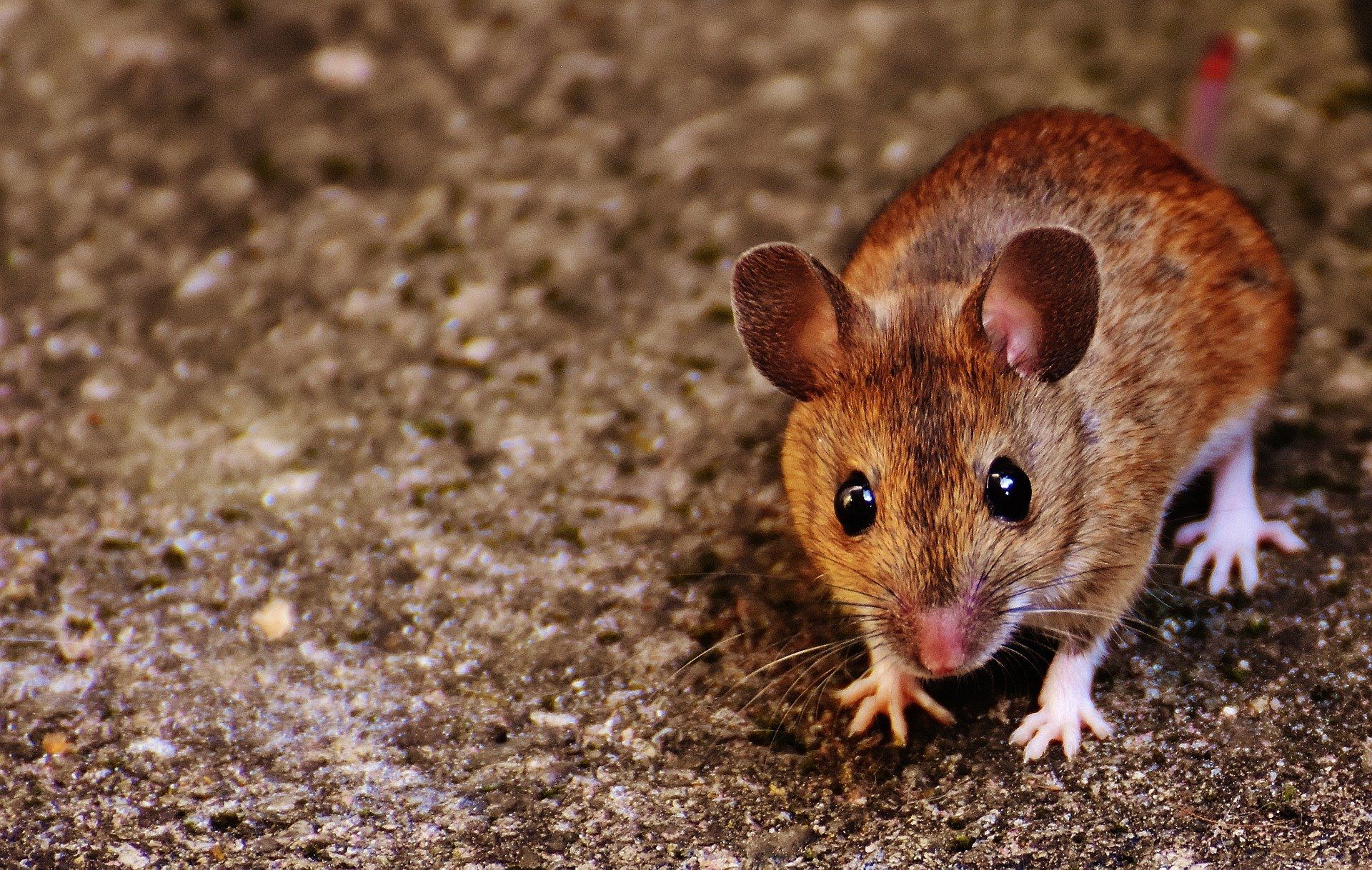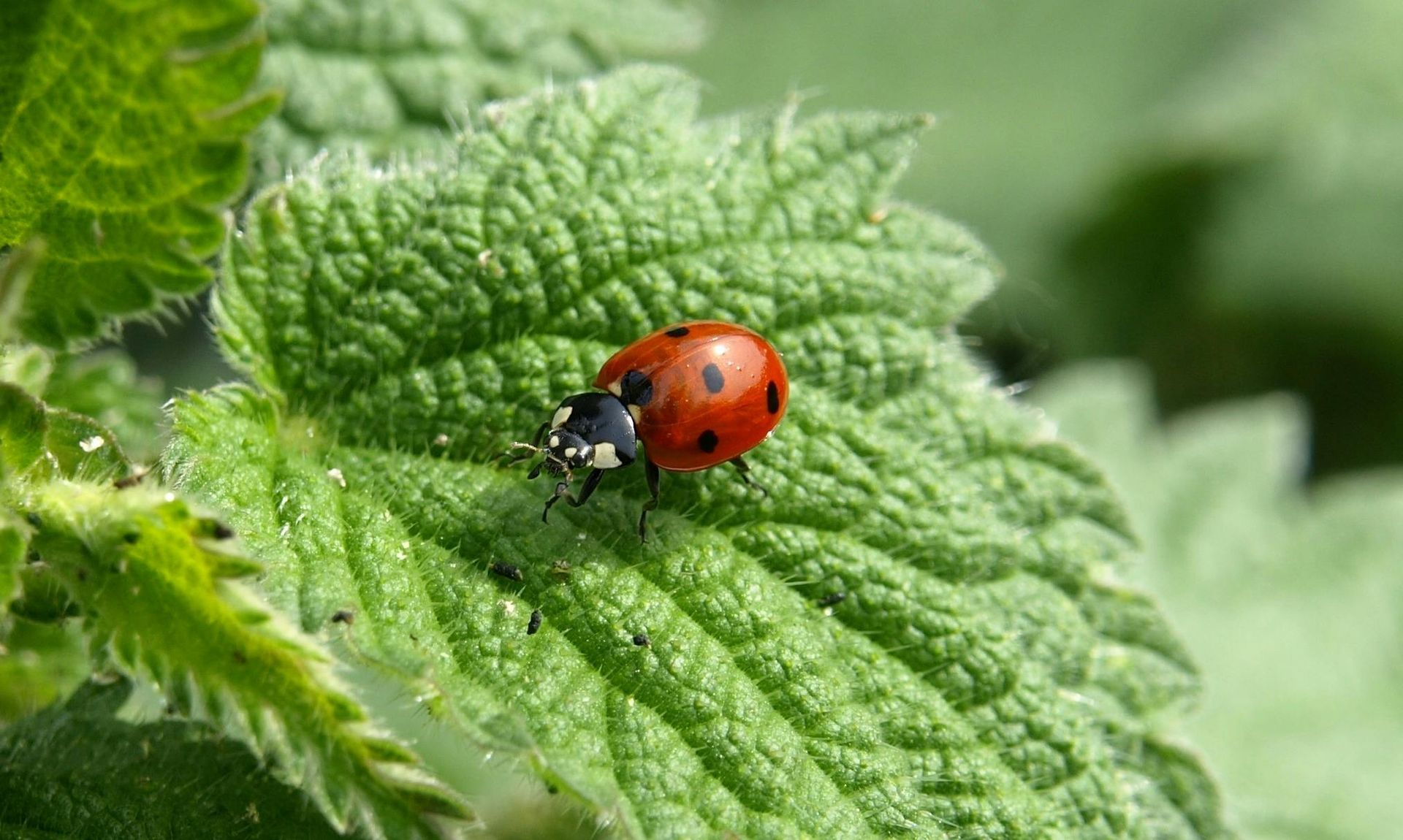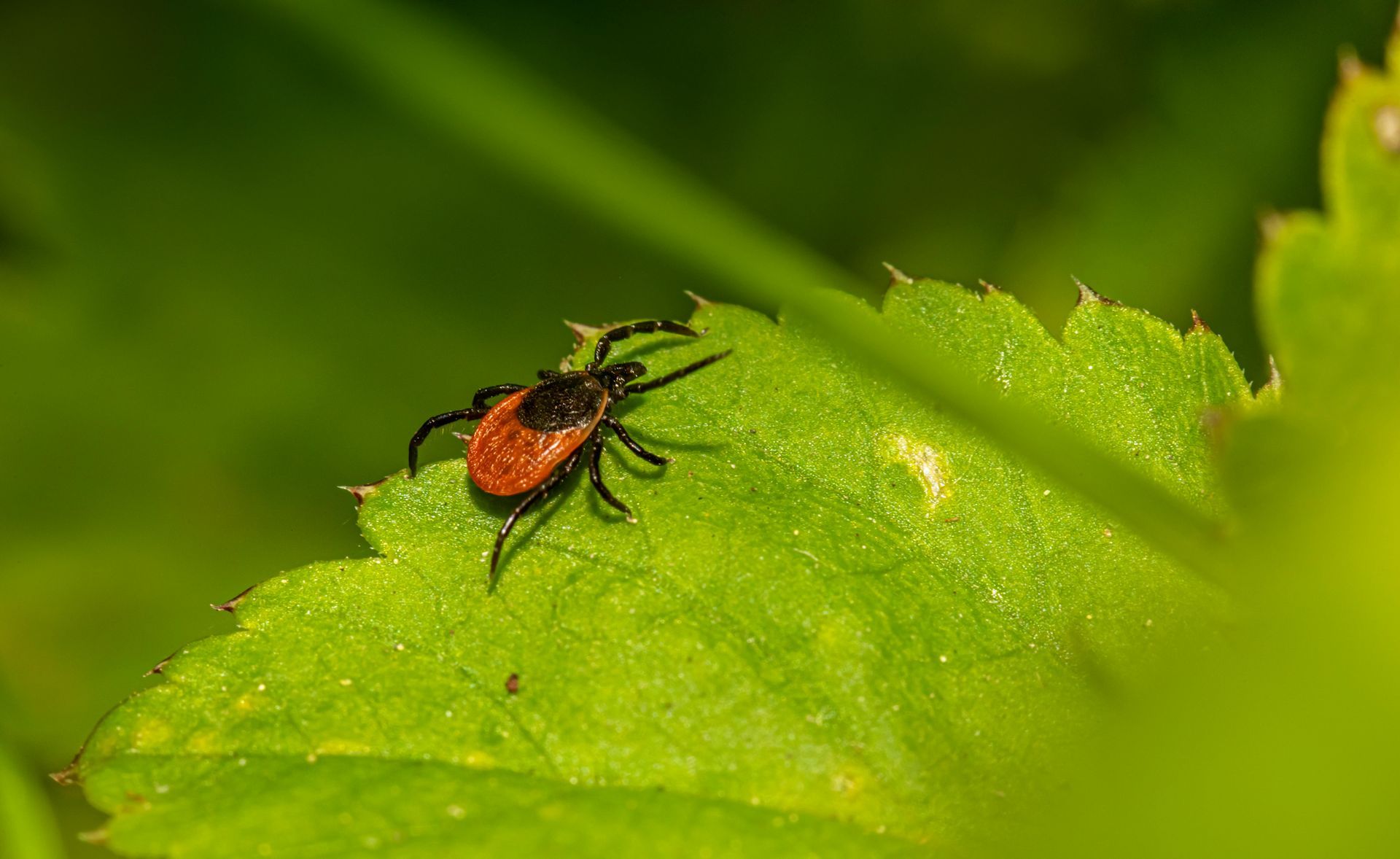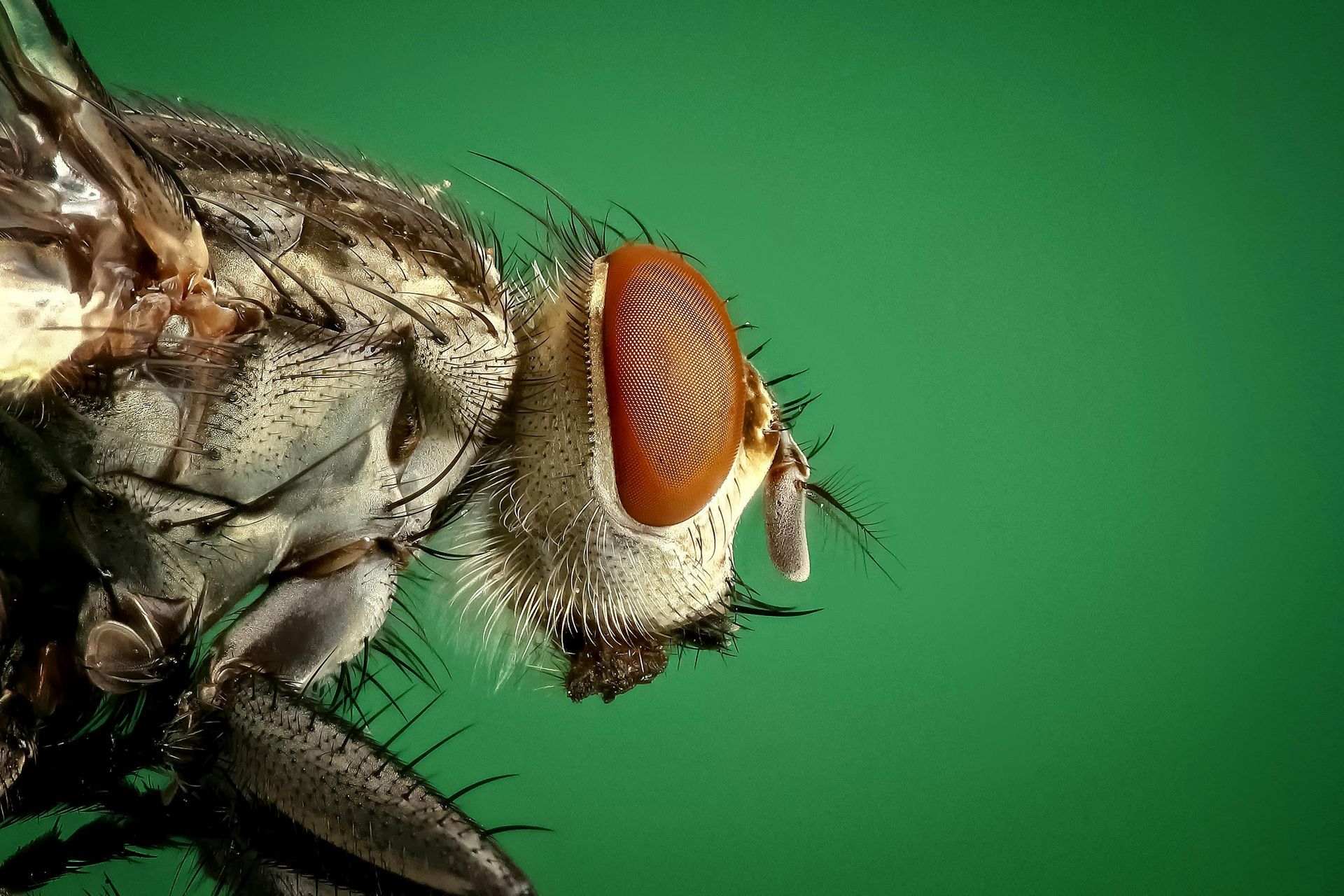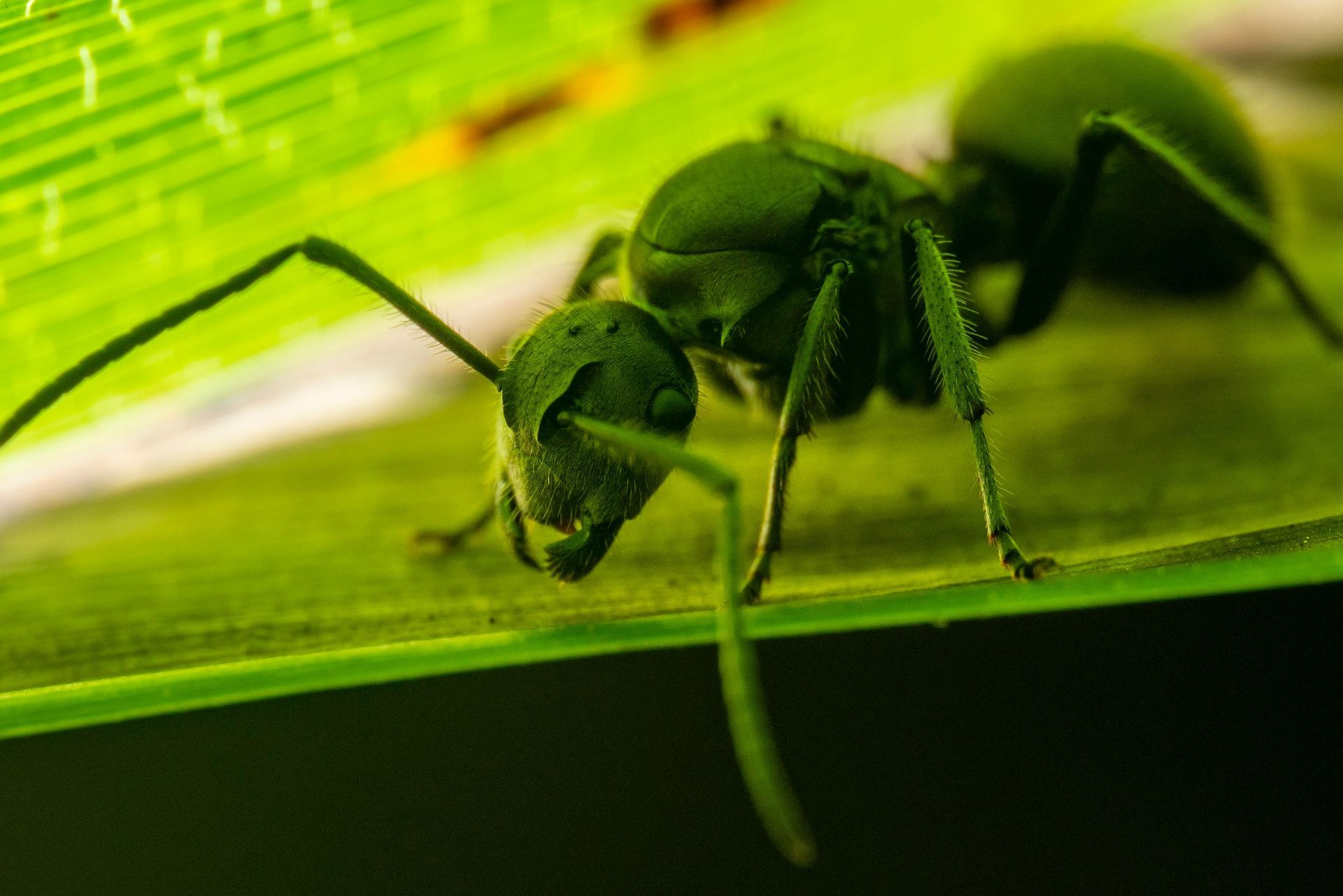Some Animal-Proof Plants to Consider for Spring Planting
Plpants that help you avoid Animal damage to your garden
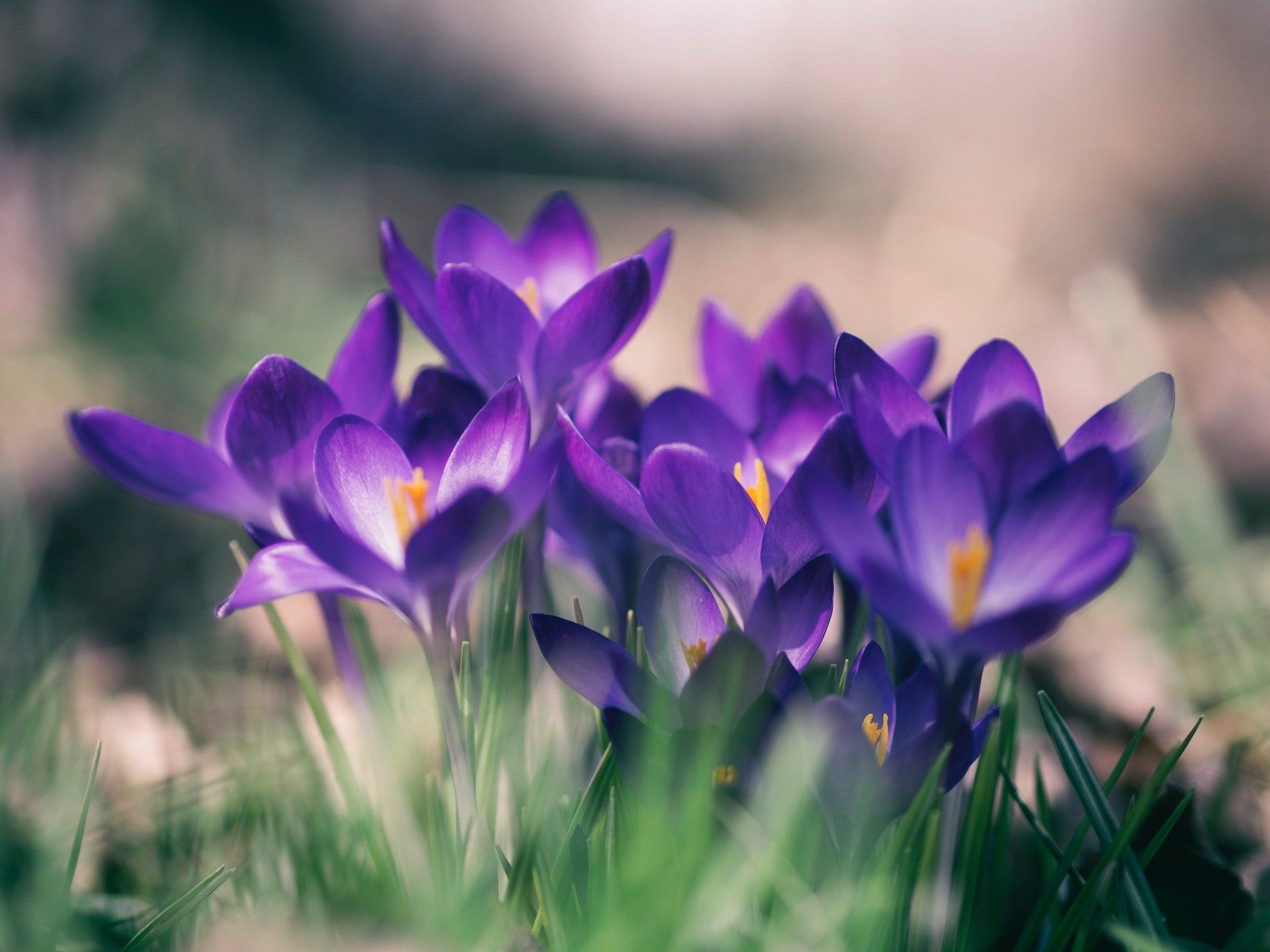
Now that spring 2021 is officially here, gardeners, horticulturists, and just about anyone with a green thumb is itching to get into the garden to start planting for spring. Seeing the shining sun and the trees begin to bud is about all it takes to get people thinking about fresh fruits, veggies, and other plants that will complement the aesthetics of our homes and yards. Though you might be inclined to plant whatever suits you, if you have a problem with pesky rabbits, deer, and other animals destroying your garden, you might want to think twice.
5 Animal-Proof Plants Perfect for Spring Planting
Looking for some suggestions on plants that pesky visitors to your yard won’t head straight for? Then you have come to the right place. Check out this list of five animal-proof plants perfect for spring planting.
- Sweet alyssum - Perfect for borders, rock gardens, and mixed beds, rabbits don’t seem to enjoy sweet alyssum as a delicacy. These tiny lavender, bright violet, pink, or white flowers grow in full sun to partial shade in just about any soil type.
- Lantana - This brightly-flowered confetti-like plant is grown as an annual in the northern states. Rabbits are known to avoid feeding on lantana because of the pungent aroma coming off of the leaves. The ripe berries and foliage contain a toxin that can affect many pesky animals. As a bonus, butterflies and hummingbirds love lantana and may make an excellent addition to your outdoor space.
- Marigolds - Perfect in pots around your home and garden exterior or directly in your garden, rabbits tend to dislike the strong fragrance and bitter taste associated with marigolds. Deer are also repelled by the strong smell coming from marigolds, which gives gardeners a two-for-one benefit.
- Geraniums - Geraniums also have a pungent smell that rabbits prefer to avoid. Further, geraniums can grow in the full sun and continue to rebloom throughout the season, making them an excellent addition to your garden.
- Vinca vines - Though some gardeners view vinca vines as invasive, many gardeners love the white and blue flowers that grow on the vines during the spring. And thankfully, rabbits don’t like feasting on vinca, which makes it a reasonably safe addition to your garden.
PLANTS TO AVOID DURING YOUR SPRING PLANTING
If the above recommendations don’t suit your fancy, keep in mind that whatever you choose, you should avoid narrow-leaved evergreens such as arborvitae and fir. Further, deer enjoy nibbling on hostas, daylilies, and English ivy, so keep those plants out of your garden too. Add daffodils, foxgloves, poppies, sages, ornamental salvias, lavender, peonies, and bearded irises to the list of plants to avoid.
If you continue to experience issues with rabbits and deer finding their way into your yard and destroying your prized plants, consider a natural repellent to help keep them away. Natural products such as Shake-Away All Natural Animal Repellents use predator urine to make your invading pests believe there is a predator present in your yard or garden. Playing on the natural enemy of deer, these packs can help keep your spring plants safe and your garden looking as beautiful as ever.
Critter Repellent All Natural Animal Repellent Blog
